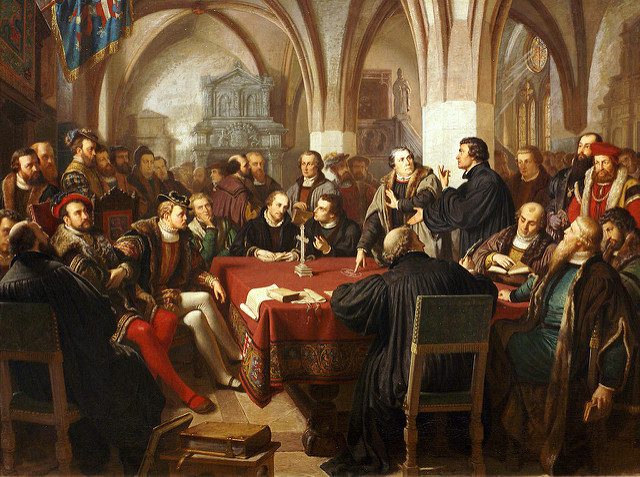

War of Spanish Succession & Balance of Power politics.Louis XIV’s domestic policy, intendants and changing role of nobility.Mazarin, the Fronde & reaction – childhood trauma and the rise of the Sun-King.

Definition and examples of absolutism under Louis XIV.Unit V: Absolute Monarchies: Louis XIV and Peter the Great New political theories in historical context: State of Nature, Social Contract, Natural Rights - Hobbes and LockeĮxcerpts from Leviathan, Locke: Essay Concerning Human Understanding / Two Treatises on Government, The English Bill of Rights, James I: On the Powers of the Monarch.Changes in religious toleration in England.Domestic and foreign policy in Stuart Restoration.Cromwell, New Model Army, Commonwealth, Instrument of Government.Parliamentary resistance, 19 Propositions, Petition of Right, English Civil War.The Stuart Dynasty and Divine-Right: James I, Charles I.Unit IV: Religious and Political Tensions and Consequences: England
#Marburg colloquy ap euro trial#
Various writings and commentaries on witches from private citizens, Luther, Calvin, The Hammer of Witches, trial accounts, Grimmelshausen: Simplicius Simpliccissimus, Henry of Navarre: Edict of Nantes,

Causes of the Reformation – the spark and the issues – religious, political.Doctrines of Luther and Calvin compared to the Roman Catholic Church.Machiavelli and the New Monarchs in England, France and Spain.Renaissance and the roots of Humanism – Petrarch, Dante.Feudalism: agriculture, guilds, kings versus nobles, kings versus popes, popes versus cardinals.A list of these documents follows the topic lists for each Unit. Throughout the year documents will be used for insight and analysis of the social, economic, religious, intellectual, artistic & political expectations and conditions of the time. Unit exams including either a thematic or document based essay.Throughout the year students in this course are required to research and prepare for a variety of assignments including: Global Passages: Sources in World History. Ninth Edition, New York: Knopf Publishing Group. Palmer, R.R., Joel Colton, and Lloyd Kramer. develop and demonstrate effective writing and oral communication skills.regularly analyze, interpret and apply primary source evidence and literature in addition to reading college level texts.discover and account for the various factors leading to changing zeitgeists in elite and popular culture.understand and account for the above changes in relation to the chronology of major events, and leaders as well as social and special interest groups.develop and demonstrate an understanding of changes in the social, political, religious, intellectual, artistic, technological and economic trends and forces that shaped European History from approximately 1450 to the present.Students enrolled in Advanced Placement European History are expected to: Tuttle, Alicia - Family & Consumer Science.Pressley, Angela- Special Education Teacher.Perez, Angela- Bilingual School Social Worker.Arkans, Joanna- Library Media Specialist.


 0 kommentar(er)
0 kommentar(er)
